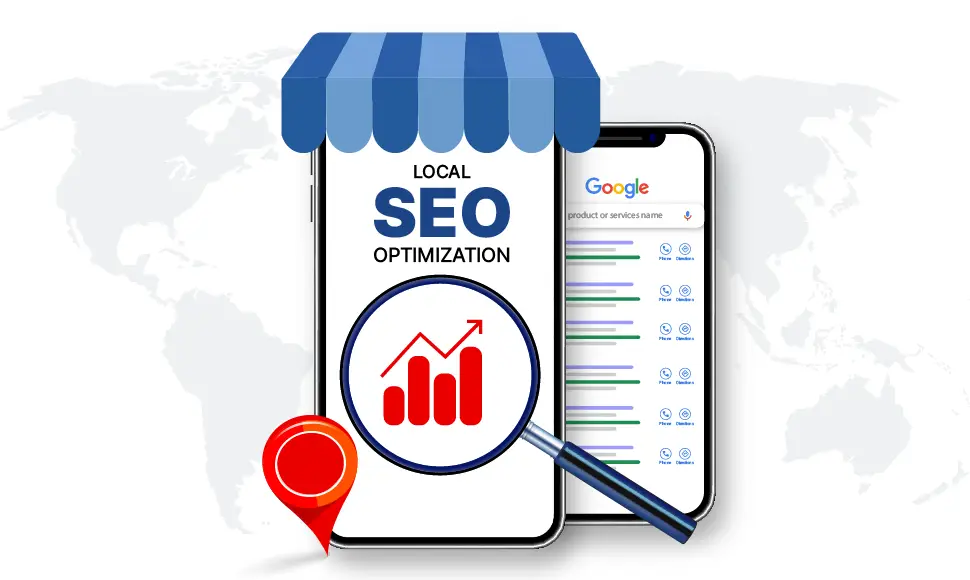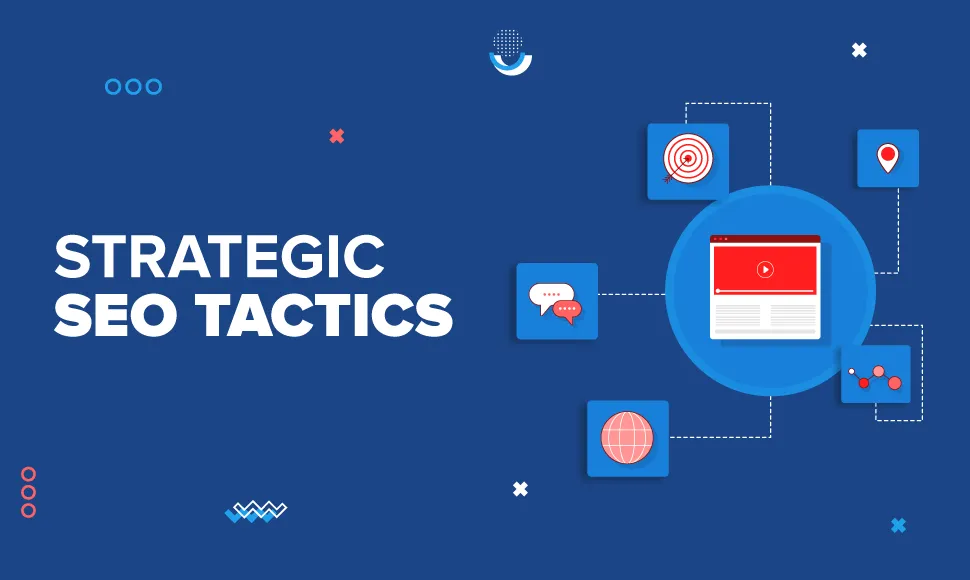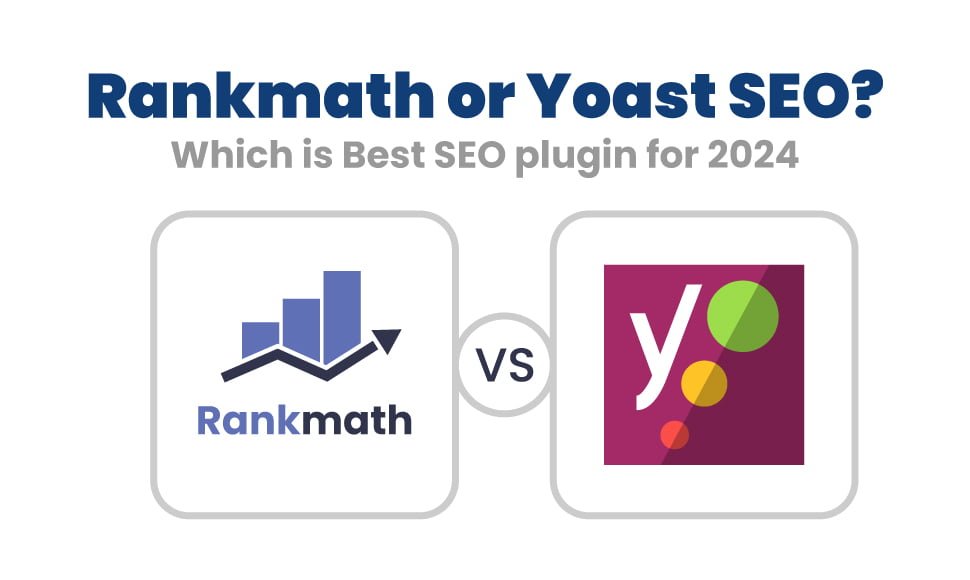
Optimizing Your Website: 5 Key On-Page SEO Techniques for Success
Table of Contents
One of the key elements in on-page SEO is content. Alongside keywords, content should have structured data and internal linking. It is also important to use keyword phrases naturally. However, while on-page SEO is important, off-site strategies should also be prioritized.
1. Content is crucial for on-page SEO
Quality content forms the bedrock of on-page SEO, crucial for aligning with Google’s algorithms and addressing user needs. The key is to craft original, high-caliber content, beginning with cornerstone pieces and then expanding to cover relevant subjects. Conducting thorough keyword research is imperative to uncover topics with substantial search volumes and direct users to your website.
For effective keyword research, consider leveraging tools like Ahrefs, a premium SEO resource offering insights into a website’s keyword usage. After compiling a roster of organic keywords, analyze which ones are suitable for secondary content. These could be variations of the primary keyword that seamlessly integrate into cornerstone articles.
2. Structured data plays a critical role in on-page SEO
Properly optimizing structured data is crucial for on-page SEO. It helps search engines understand and display your content in a user-friendly manner across different devices. Implementation of structured data can be done on a single-page template or across multiple pages. Several tools, such as Yoast SEO, RankMath, Schema App, inLinks, and Wordlift, can help you implement structured data on your website.
The primary purpose of structured data is to enhance user experience by making content more visible and improving the accuracy of search results. It allows Google to interpret your content better and minimize interpretation errors. Considering that 75% of users remain on the first page of search results, structured data becomes an integral part of on-page SEO.
3. Internal linking
Internal links play a vital role in enhancing website navigation, establishing connections between existing and new pages, and aiding Google crawling your site to determine page hierarchy and positioning. These links also act as messengers for your call to action. The most effective approach to incorporating internal links is to include them organically and contextually throughout your website.
Built on the PageRank algorithm, which assesses the quality and significance of individual pages, internal linking remains valuable even though Google no longer publicly updates PageRank scores. Leveraging internal linking can still be advantageous for your website.
4. Using keyword phrases naturally
Integrating keyword phrases into your content is a valuable strategy for improving your search engine rankings. However, it’s crucial to steer clear of keyword stuffing and ensure their usage feels natural. Google frowns upon unnatural keyword placement and may penalize your page accordingly. Instead, incorporate keywords seamlessly into elements such as your title, subtitles, and subheadings.
The initial step in employing keywords effectively is to create a relevant meta description, visible as the concise description text in search engine results. This description should offer a precise summary of the page content while enticing searchers to click. It’s essential to include the keyword phrase within the first 160 characters, including spaces, and refrain from overusing it, limiting its appearance to no more than twice.
5. Using contextual variations
Incorporating contextual variations into your on-page SEO strategy is vital for securing visibility in search engine results. These variations extend beyond just text and can include images, visual design, and even the layout of web pages. By encompassing diverse elements, contextual variations assist search engines in establishing connections between related documents.
The key principle behind contextual variations is logical relevance. For example, if someone is searching for a budget-friendly flight ticket, they are likely interested in details about the specific airline and flight schedules.
Employing contextual variations can significantly boost your SEO performance by signaling heightened relevance to searchers. Search engines are inclined to attribute higher value to sources that present a more compelling value proposition.
 +91 98792 74063
+91 98792 74063












